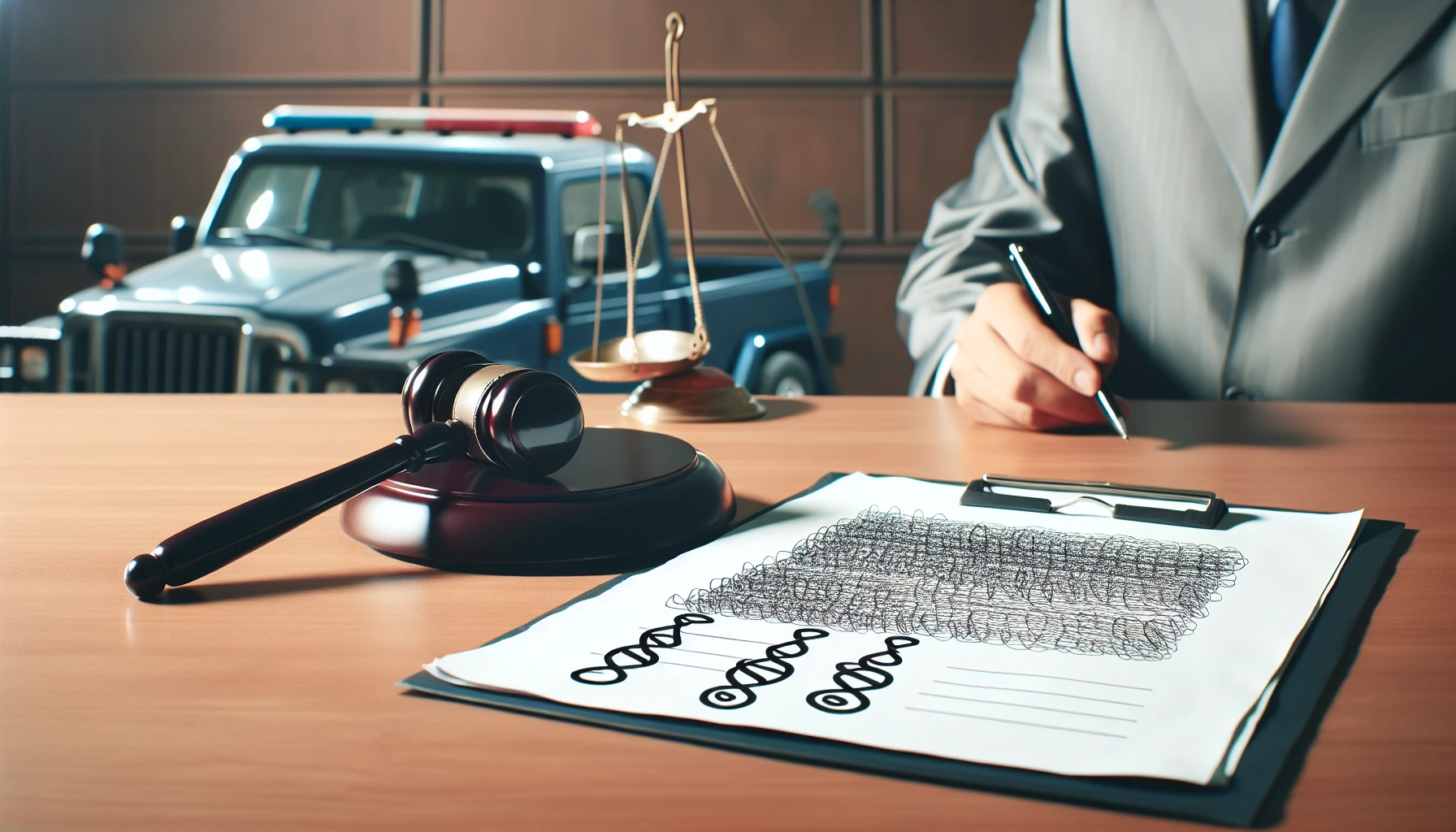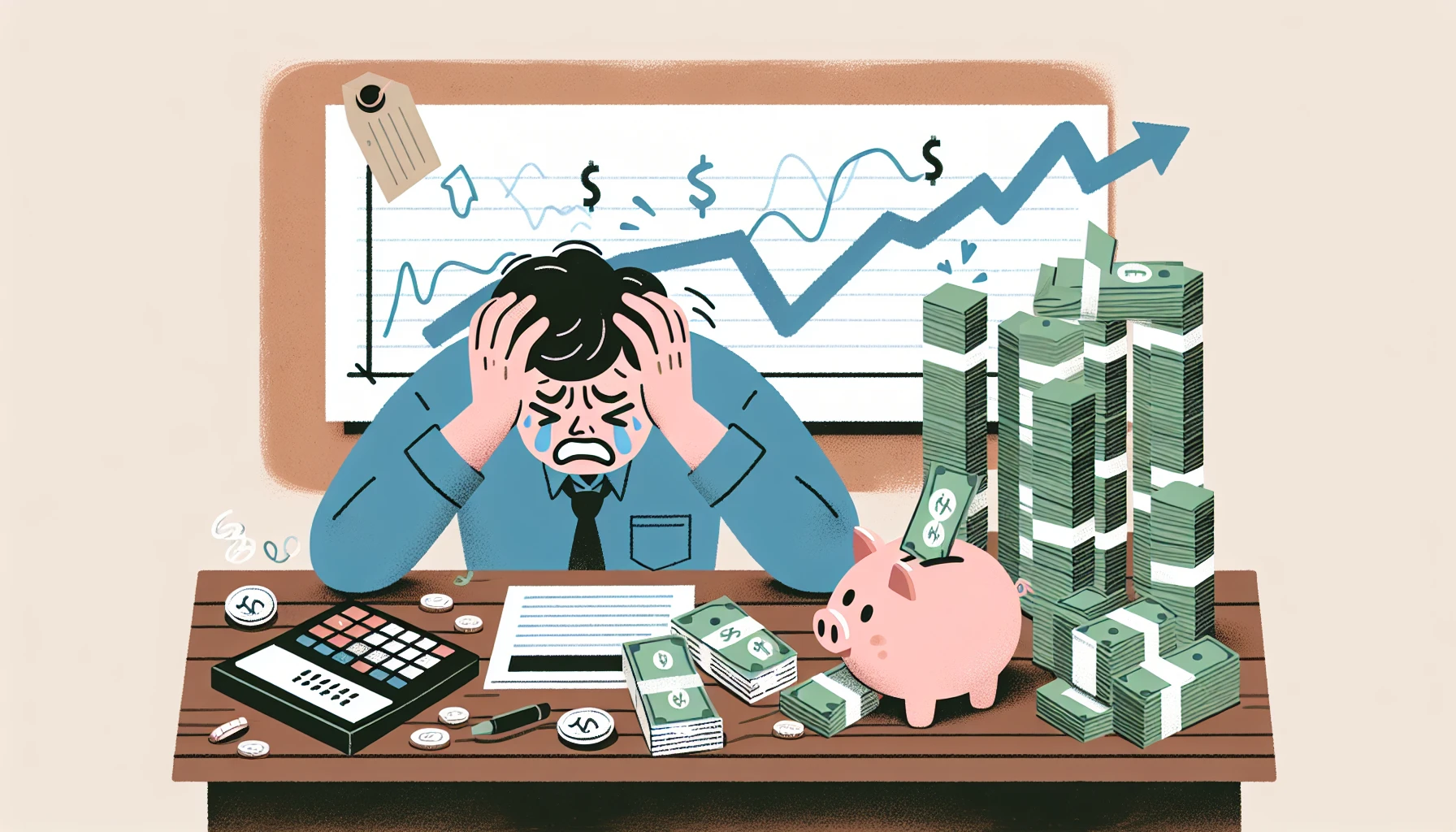Imagine waking up one morning to find that your car is missing from your driveway. Your heart races as you realize that your vehicle has been repossessed due to missed payments. What do you do now? Can you get a car back that has been repossessed? Don’t fret; we’re here to help you navigate the complex world of car repossession and provide you with the necessary steps to reclaim your ride.
Key Takeaways
- Repossession can have a significant negative impact on credit score, but timely bill payments and diligent debt settlement may help to lessen the damage.
- Strategies for reclaiming your car include loan reinstatement, loan redemption or bidding at auction.
- Protecting rights during repossession involves understanding legal process & knowing what is necessary to retrieve belongings. Open communication with lender & responsible budgeting are key steps for preventing future repossessions.
Understanding Car Repossession

Car repossession is a stressful experience that can leave you feeling helpless and confused. Gaining an understanding of the repossession process and its causes is the first step towards regaining control of the situation. Auto loan repossession occurs when a lender reclaims the vehicle due to the borrower’s failure to make payments. This typically happens after several missed payments, accumulating additional fees, and a decline in credit score.
One significant consequence of car repossession is the impact on your credit score. Missed payments, added fees, and a decrease in credit score can negatively impact your credit report. This can make it challenging to acquire loans in the future, especially if there are past due payments. However, do not despair; gaining knowledge about the repossession process can guide you in choosing an effective strategy to regain your vehicle.
Reasons for repossession
Several factors can lead to car repossession, including missed payments, breach of contract terms, and bankruptcy. The primary causes are the lack of required car insurance and the inability to adhere to the terms of the loan agreement. This means that if you miss a payment or violate other terms, your car could be at risk of repossession.
Bear in mind that the negative effect of repossession on your credit score can persist for up to seven years. Knowing the reasons for repossession allows you to address the issue effectively and avoid the potential long-term consequences on your credit score.
Impact on credit score
When your car is repossessed, it leaves a mark on your credit reports. Your missed last payment before repossession points to your car being taken away. The vehicle may have been sold at a public auction afterwards. This negative impact on your credit score can make it difficult to obtain loans in the future.
Timely bill payments and diligent settlement of other debts, particularly if your lender sells your repossessed car leaving you with a balance, are recommended actions to enhance your credit score post-repossession. If the vehicle was sold for a value less than its fair market value, you might be able to contest the elevated deficiency balance in court, which can include repossession costs and other fees.
Strategies to Get Your Car Back After Repossession

Now that you understand the repossession process and its impact, it’s time to explore your options to get your car back. There are several strategies to consider, including loan reinstatement, loan redemption, and bidding at auction. Each option has its pros and cons, which depend on your specific situation and financial circumstances.
Careful consideration of these options can aid in determining the most suitable action to recover your vehicle.
Loan Reinstatement
Loan reinstatement involves catching up on missed payments and covering any associated fees to bring the loan current. Before considering this option, you need to evaluate whether you can afford the car in the future, including both car payments and ownership-related expenses. The timeline for loan reinstatement is stringent, so it’s crucial to act quickly and contact your lender promptly.
The steps to reinstate a loan after car repossession include contacting your lender, querying the feasibility of reinstatement, and settling the overdue amount to update the loan. The fees associated with loan reinstatement typically encompass the missed loan payments, late fees, and any fees associated with foreclosure.
Loan Redemption
Loan redemption requires paying off the entire loan balance, including any fees and missed payments. This option eliminates monthly payments but may not be feasible for everyone due to the need for a lump sum payment. The expenses associated with loan redemption include past due payments, the remaining loan balance on the car loan, and any expenses related to repossession, such as towing and storage.
Loan redemption involves negotiation for a reduced lump sum payment, settling the entire loan balance, and subsequently securing and maintaining the car. While this option may be more challenging for some individuals, it provides a clean break from the loan and allows you to regain possession of your car.
Bidding at Auction
Bidding at auction offers you the chance to buy back your repossessed car, but there’s a risk of losing to a higher bidder and the possibility of paying a deficiency amount. The deficiency balance is the amount remaining to be paid to the lender following the sale of the repossessed car. Approximately half of the states don’t consider a deficiency balance if you owe or already paid an amount less than a few thousand dollars. You won’t be held accountable for it in that case..
If you believe the sale was not commercially reasonable, you may pursue legal action against the lender. Bidding at auction could be a suitable choice given adequate funds, but considering the risks and potential outcomes beforehand is advisable.
Protecting Your Rights During Repossession

Safeguarding your rights during repossession is key to a fair and equitable outcome. This involves understanding your legal rights and taking appropriate legal actions if necessary. As a borrower, you’re entitled to be informed of the date and location of the auction for the car, attend the auction, and place a bid on the car. Additionally, prior to repossession, you’re required to be presented with the option of voluntarily yielding your car.
Knowing that it is possible to retrieve personal belongings from a repossessed car is important. The belongings must have been in the car at the time of repossession. Be sure to familiarize yourself with the regulations concerning the recovery of goods from a repossession company that are applicable in your state. Understanding and asserting your rights can help you navigate the repossession process more effectively and with less stress.
Know your rights
Being aware of your rights during repossession is key in safeguarding yourself and your property. You have the right to reclaim personal property left in the car and the right to be informed about the auction or private sale of your vehicle. The specific regulations regarding car repossession in the United States differ by state, but in general, the lender has the right to repossess a car if the borrower defaults on their loan payments and must adhere to certain procedures.
If your car is repossessed, the lender is not permitted to retain or sell your personal property found inside the repossessed vehicle. Contacting your lender promptly to set up a time for property recovery is of paramount importance. By knowing your rights, you can ensure that you’re treated fairly and protect yourself from potential harm during the repossession process.
Legal actions
If you believe your car has been repossessed illegally or your rights have been violated, you can take legal actions against the lender or repossession company. Signs that your rights may have been infringed upon include verbal or physical coercion, breach of the peace, and lack of appropriate documentation. To determine if your rights were disregarded, it’s essential to consult a legal expert, such as a consumer lawyer.
Legal actions you can take if your car was repossessed illegally include:
- Contacting your lender
- Consulting with an attorney
- Assembling evidence to support your claim
- Submitting a complaint with the Consumer Financial Protection Bureau (CFPB) or your state’s attorney general’s office
- Considering initiating a lawsuit against the lender or repo agent for wrongful repossession
Taking legal action can help you assert your rights and potentially recover your vehicle or seek compensation for damages.
Preventing Future Repossessions

Maintaining open lines of communication with your lender and adopting responsible budgeting and financial planning can help prevent future repossessions. This includes promptly addressing missed payments, discussing available options with your lender, and creating a realistic budget that allows you to make timely loan payments.
Constant communication with your lender is key, as it allows you to consider all available options and formulate a plan to update your account. Lenders are more likely to be accommodating when there is proactive communication and a commitment to resolving any missed payments.
Active management of your finances and regular communication with your lender can help you evade the distress and repercussions of future repossessions.
Communication with lender
Maintaining regular dialogue with your lender is one of the most potent methods to avert car repossession. By discussing your financial situation and exploring available options, you can work together to create a payment plan that fits your budget and prevents future repossessions. Furthermore, lenders are often more amenable to working with individuals who demonstrate a proactive attitude and make an effort to rectify any missed payments.
If you’re having difficulty making your loan payments, it’s advisable to contact your lender to inquire about potential options available. This may include loan modification, forbearance, or other alternatives to avert repossession. Open communication with your lender can help you find a solution that works for both parties and helps you avoid the stress and consequences of car repossession.
Budgeting and financial planning
Effective budgeting and financial planning are key in preventing car repossession. By being aware of what you owe, understanding your loan options, and managing your finances responsibly, you can ensure that you make timely loan payments and avoid future repossessions. Effective financial planning tools, such as Mint and car loan calculators, can help you track expenses and budget judiciously.
If you’re struggling to manage your finances or understand your loan options, consider seeking professional financial advice. A financial advisor can help you create a realistic budget, prioritize loan payments, and explore options such as loan consolidation or refinancing. By taking control of your finances and planning for the future, you can prevent the heartache and stress of car repossession.
Summary
In conclusion, navigating the complexities of car repossession can be challenging, but understanding the process, protecting your rights, and exploring available strategies can help you reclaim your ride. Maintain open communication with your lender, practice responsible budgeting and financial planning, and consider seeking professional advice if necessary. By taking control of your financial situation and finding a solution that works for you, you can get back on the road and avoid future repossessions.
Frequently Asked Questions
What is the difference between voluntary and involuntary repossession?
Voluntary repossession is when a borrower willingly surrenders their vehicle to the lender, while involuntary repossession occurs when the lender reclaims the vehicle due to non-payment or contract breaches.
Can I get a car loan after a repossession?
Yes, you can get a car loan after a repossession, but it may be more difficult due to the negative impact on your credit score. You may need to show proof of improved financial management and a history of timely payments to qualify for a new loan.
How long does a repossession stay on my credit report?
A repossession can remain on your credit report for up to seven years, which can significantly impact your ability to secure loans during that time.
Can I negotiate with my lender after my car has been repossessed?
Yes, you can still negotiate with your lender after your car has been repossessed. You may be able to discuss options such as loan reinstatement, loan redemption, or bidding at auction.
Is it possible to stop a repossession once it has started?
It is possible to stop a repossession if you act quickly and contact your lender to explore payment plan options.





 Who We Are
Who We Are Coverage Area
Coverage Area Donate
Donate